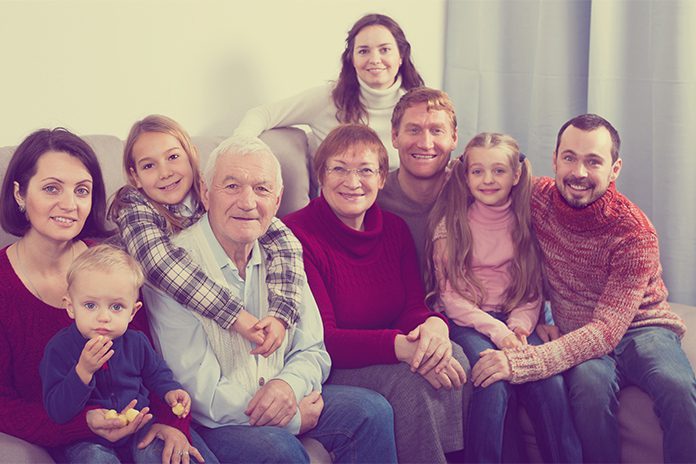Does the “Village Mentality” Work to Take Care of Our Elderly Loved Ones?
As elder care costs increase, more and more elders and their loved ones are considering at-home care options with family caregivers. Of course, while our loved ones usually prefer this approach at home to living in a nursing home or assisted living facility, it is not without its complications and added costs. Often the effect is to cause more and more families to move closer to each other or even live under the same roof. The rising cost of healthcare crisis and the elder population boom are working to expand the definition of a family in a literal and figurative sense. The question is, though, whether the indirect impacts of these big changes are good for the caregivers, or even for the people receiving care. The question is whether this “village mentality” (from the old phrase that it takes a village to raise a child) does more harm than good.
There are many times when a family member will be required to perform double or triple duty as caregiver – whether just for one or two other adults, or children as well. Living near relatives is more convenient for those seeking child or elder care assistance and who can handle this burden. Extended families who live close to one another can coordinate with one another to provide the care needed to family members. So, if one cannot be a caregiver for all, all will be caregivers for each other. And, to quote another phrase, many hands make light work. Meanwhile, caregiving will bring back family members who had moved away from home for many reasons such as school, work, or even just to seek out new adventures. There is a real benefit to cousins growing up together again, watched over by sets of grandparents on alternating days, but the web of young and older people needing care can become overwhelming.
The lack of distance and separation has the potential to cause caregivers to lose perspective of their own lives and concerns. The single biggest issue this law firm's clients face as caregivers is actually taking care of themselves – they come in asking for help with their loved ones but more often than not a part of the problem is self-inflicted. Caregivers often face financial pressures to provide for a family unit while also being responsible for the day-to-day health maintenance of their charges. It may look like there's a village, but sometimes it's just a village of one.
Those without a proper ‘village’ or support system face many challenges with paying for and maintaining elder or child care. The support system may be great in theory and may work well while many people are able to contribute, but when it breaks down it usually does so to everyone's detriment. A caregiver under mental and physical strain will experience lost wages and physical consequences, which are costly for family units without additional support. We are fond of saying here that we need caregivers to return to being family members rather than simply seeing themselves as caregivers – the burden is not sustainable long-term. We also worry that caregivers who suffer health setbacks will find those consequences to be much more permanent, and they end up often being the ones in need of care themselves.
People stick together in a family setting because the other options, including institutional care, are frightening. This is not to say that they aren't the best options available at any given point, but when a person has a preconceived notion of what the alternatives are they stop doing research and considering their options. Concerns about paying for care are no less daunting - Medicare doesn’t cover what many expect it to and Medicaid eligibility is strict and sobering, especially in New Jersey. As many extended families come together to get the job done, there are people drowning in debt from bills piling up while they try to help the small family they have.
If you are trying to figure out whether the village mentality will work for your family, or you just want to see if your village can run a little more efficiently, the staff at Archer Law Office have decades of experience in caregiving strategy and would be happy to help out.
Archer Law Office Can Help
For More Information Contact this office (609) 842-9200

